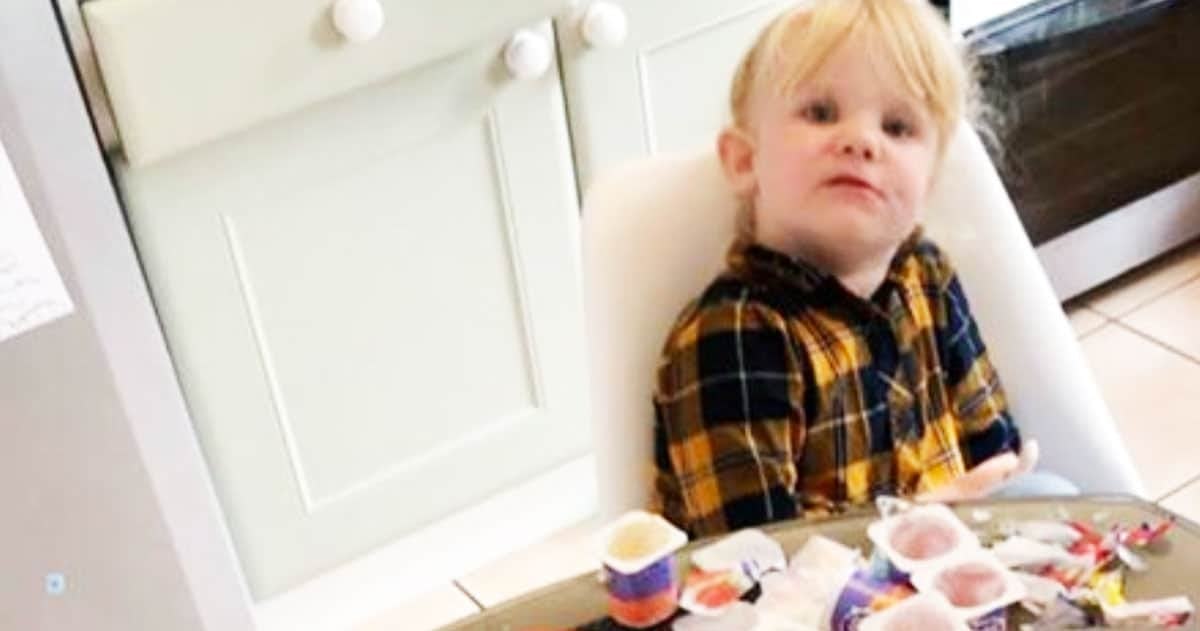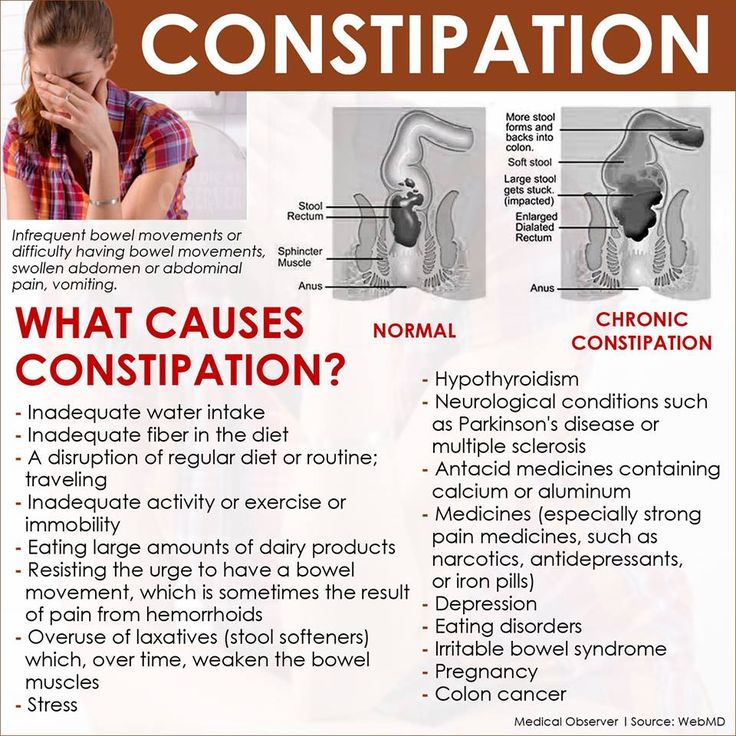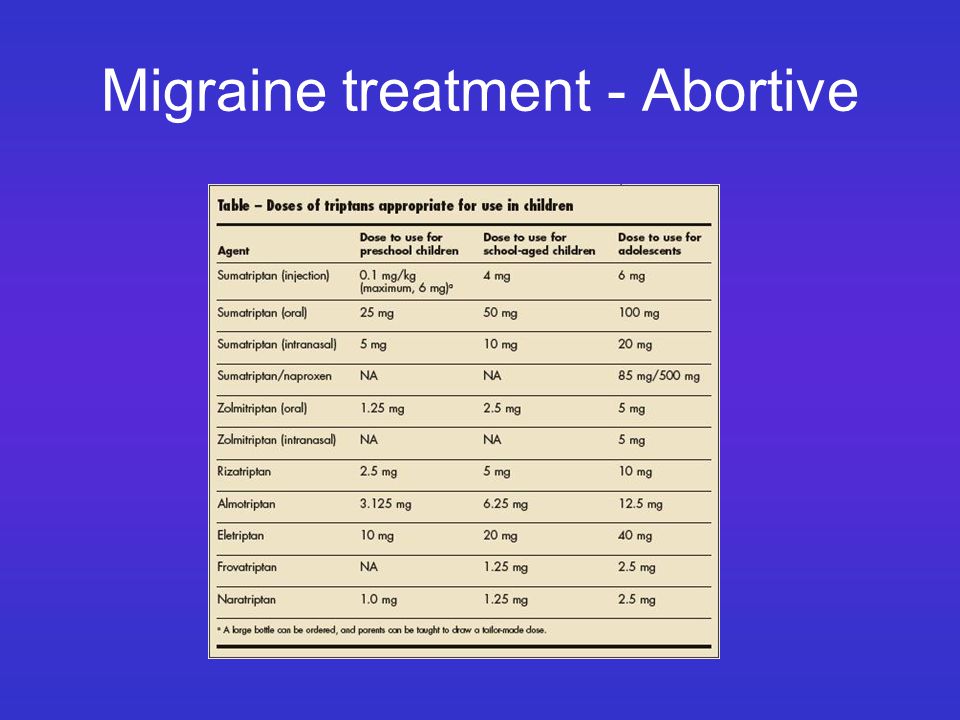Work with children check
Apply for a Working with Children Check
Skip to content
Text size
Introduction
The Working with Children Check (WWCC) is a requirement for anyone who works or volunteers in child-related work in NSW. It involves a National Police Check (criminal history record check) and a review of reportable workplace misconduct.
Results of a National Police Check can take up to 4 weeks to be received.
The outcome of a check is either a clearance to work with children or a bar against working with children. If cleared, the check will be valid for 5 years, however applicants are continuously monitored.
If you're applying because you're a paid employee or self-employed, there's a fee for the WWCC. If you're a volunteer, a student on a professional placement, potential adoptive parents or an authorised carer, you won't need to pay the fee.
You can apply online for your WWCC.
Eligibility
- anyone aged 18 or older
- anyone whose role involves direct physical or face-to-face contact with children.
What you need
- personal details, including date and place of birth
- 4 proof of identity (POI) documents including:
- one commencement of identity document
- one primary use in the community document
- 2 secondary use in the community documents.
At least one of your documents must contain your signature and photo.
Your POI documents must be current and original.
The following documents are not acceptable:
- original paper documents that have been laminated
- photos, photocopies or certified copies
- expired documents (unless specified).
Note: NSW digital driver licence is accepted.
How to apply
- Select the 'Apply online' button.
- Complete the online form ensuring the name you enter matches your identity documents exactly.
- Visit a service centre to present your original identity documents and (if applicable) pay the fee.

Note: Once you've provided your identity documents at the service centre, the National Police Criminal History check begins. This process can take up to 4 weeks.
More information
- You don't need a WWCC if you're a parent or close relative of a child, volunteering:
- at the child's school, early education service or other educational institution, or
- with a team, program or activity that your child usually participates in or is a team member of.
- You're also exempt if your work is considered non-child related, such as:
- a student working in a clinical placement in a hospital or other health service
- a referee, umpire, linesperson or other sporting official or groundsperson, if the work doesn't ordinarily involve contact with children for extended periods without other adults present
- providing food or equipment at a sporting, cultural or other entertainment venue.

- If you'd like help with your application, contact the Office of the Children's Guardian.
Back to top
Last updated: 21 December 2022
Apply online
You'll be taken to another website.
How to apply | Working with Children
If your organisation has asked you to get a Working with Children Check, or you’ve used our interactive tool and determined that you need a Check, you can apply in just four steps.
Before you begin, it’s important to know that your application must be true and correct, so make sure that all dates, names and details are accurate on your application form. It is an offence to provide false or misleading information in the application.
Step 1: Complete an online application
The information on this page is for applicants applying in Victoria. Interstate applicants please see our interstate applicant information guide for instructions.
To apply in Victoria use this link:
Apply from Victoria (External link)
If you’re applying from interstate, use this link:
Apply from interstate
Step 2: Provide proof of identity
As part of your application, you’ll need to verify your identity with us. You can do this in two ways: online, or in-person at a participating Australia Post outlet.
You can do this in two ways: online, or in-person at a participating Australia Post outlet.
Verify your identity online
Australia Post (acting as our agent) will perform your identity verification using Digital iD™. Online verification with Digital iD™ is fast, safe and secure.
You can verify your identity online if you have one document from each of these lists:
Photo ID
• Australian driver licence or learner permit
• Australian passport (an expired passport may be used if it expired less than three years ago)
• ImmiCard issued by the Australian Government
Other government-issued ID
• Medicare card
• Foreign passport with Australian visa
• Australian birth certificate
• Australian citizenship certificate
• Pensioner concession card
• Health care card
• Commonwealth seniors health card
Your identity documents must be current and show the same name and date of birth.
If you successfully verify your identity online, you’ll just need to present one acceptable photo ID document at Australia Post when you lodge your application.
Verify your identity in-person
To verify in-person, you must take three original proof of identity documents with you to a participating Australia Post outlet (External link). The three documents must be current and when combined, show your full name, date of birth and photo.
You can’t use two of the same type of identity documents to make up the three documents. For example, you can’t use two different credit cards. With the exception of Foreign Passports, all proof of identity documentation must be Australian issued.
You can choose ONE of the following options:
-
one primary document and two secondary documents
-
two primary documents and one secondary document, or
-
three primary documents.
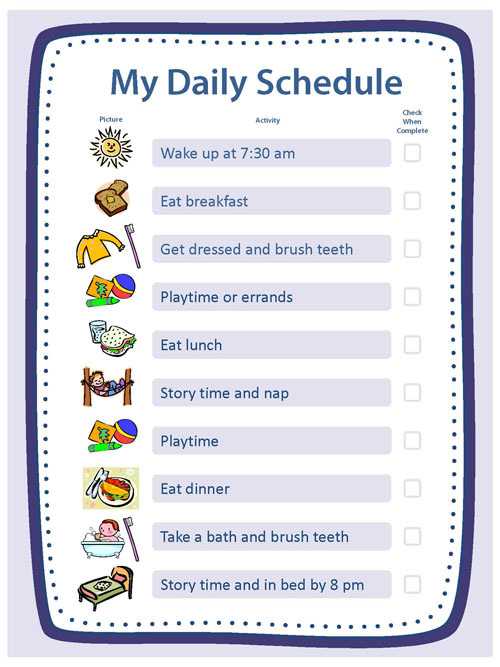
If your name is different on your identity documents
You must enter your full legal name in your application form and it must match each of your identity documents. If not, you must provide a document that links your different names.
You can use any of these documents:
- marriage certificate
- change of name certificate (issued by the Registry of Births, Deaths and Marriages)
- divorce papers linking both names
- deed poll
- foreign marriage certificate (translated into English by an authorised interpreter/translator service)
Primary Documents
| Documents | Name | DOB | Photo |
|---|---|---|---|
| Australian Passport (dated up to three years after the expiry date) | Image | Image | Image |
| Foreign passport | Image | Image | Image |
| Current Australian visa or document for travel within Australia | Image | Image | |
| Australian driver's licence | Image | Image | Image |
| Australian driver's learner's permit | Image | Image | Image |
| Immigration (Immi) card | Image | Image | Image |
| Australian birth certificate issued by Registry of Births, Deaths and Marriages | Image | Image | |
| Australian citizenship certificate | Image | ||
| Medicare card | |||
| Marriage certificate issued by the Registry of Births, Deaths and Marriages | |||
| Keypass ID card |
Secondary documents
| Documents | Name | DOB | Photo |
|---|---|---|---|
| Australian firearms licence | |||
| Government issued proof of age card | |||
| Victorian marine licence | |||
| Centrelink card (showing reference number) | |||
| Australian certificate of resident status | |||
| DVA card | |||
| Tertiary student ID card | |||
| Secondary student ID card | |||
| Private security individual operator licence | |||
| Private health insurance card | |||
| Australian bank issued credit or account bank card (American Express or Diners Club not accepted) | |||
| Superannuation statement (up to 24 months old) | |||
| Australian Tax Office taxation assessment notice (up to 24 months old) | |||
| Motor vehicle registration (up to 12 months old) | |||
| Utilities notice (up to 12 months old) | |||
| Council rates notice (up to 12 months old) | |||
| Financial institution statement (up to 12 months old) | |||
| Electoral voting enrolment | |||
| Rental contract or receipt issued by landlord, agent, owner (up to 12 months old) | |||
| Seniors card | |||
| Visa entitlement verification online (VEVO) statement | |||
| VIT registration card | |||
| Victoria police member ID card (sworn and unsworn members) | |||
| ADF ID card | |||
| Commonwealth / state government ID card | |||
| Aviation security ID card | |||
| Maritime security ID card |
Step 3: Lodge your application at an Australia Post outlet
Once you’ve completed your online application, you’ll get an email with instructions on how to finalise your application at Australia Post.
Next, take your application and documents to a participating Australia Post outlet and have your photo taken (at no charge to you).
Step 4: Pay the application fee
Here are the application fees for the Checks in the present and next financial year. You can pay the relevant fee with cash, Visa, MasterCard, EFTPOS, money order or bank cheque at a participating Australia Post outlet when you lodge your application.
Fees valid till June 30 2022
| Volunteer Check / Renewal of Volunteer Check / Replacement of Volunteer card | Employee Check | Volunteer to Employee Check | Renewal of Employee Check | Replacement of Employee Check card |
|---|---|---|---|---|
| $0.00 | $121.10 | $121.10 | $91.70 | $7.50 |
Fees from 1 July 2022
| Volunteer Check / Renewal of Volunteer Check / Replacement of Volunteer card | Employee Check | Volunteer to Employee Check | Renewal of Employee Check | Replacement of Employee Check card |
|---|---|---|---|---|
$0.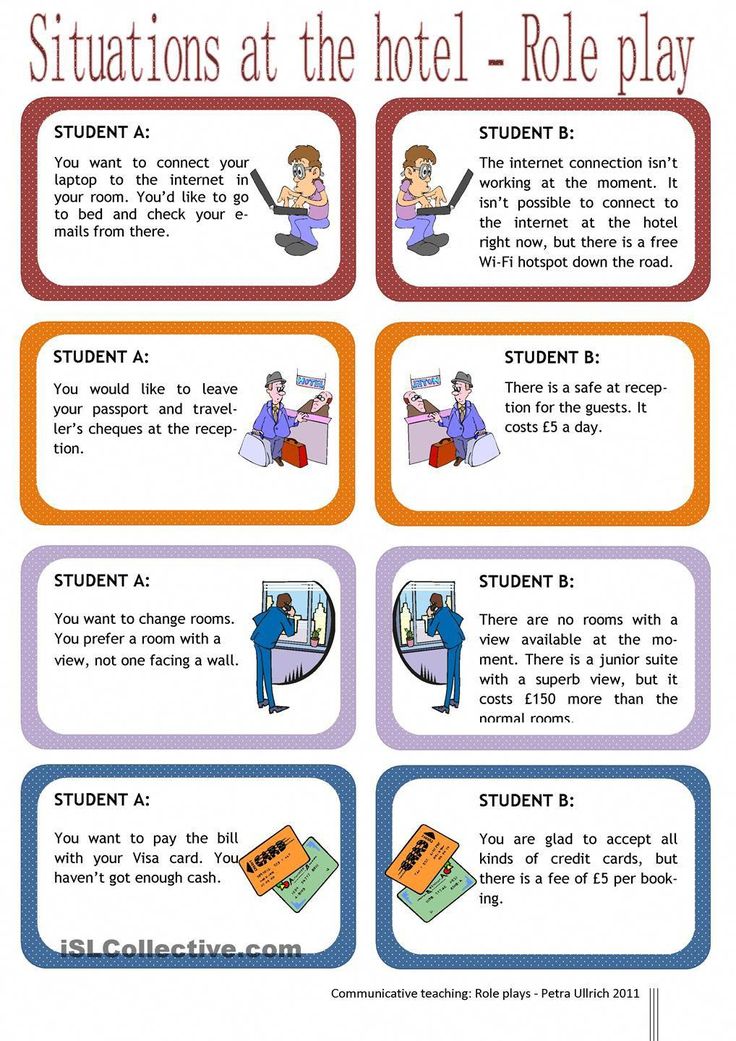 00 00 | $123.20 | $123.20 | $93.30 | $7.60 |
After you’ve lodged your application, you’ll receive your application number the next business day via email. You can then use this number to track your application.
Lodged your application? Find out what happens next.
Job abroad - Au Pair, babysitting, childcare
Job abroad - Au Pair, babysitter, childcareAnswer 7 questions to test your knowledge of the Au Pair program and find out if it's right for you!
Quiz for Au PairHere you will find testimonials from families who have hired Au Pairs to care for their children and become part of a cultural exchange, from all over the world.
Other storiesNothing is easier than finding an Au Pair or Host Family! nine0003
The first step in finding an Au Pair is to register on AuPair.com. Register for free and start your Au Pair journey. Create a profile today! » » »
Need help with childcare? Do you want to work abroad and use your experience working with children? Try the Au Pair program! Find the right Au Pair/Host Family and become a premium member to connect with each other.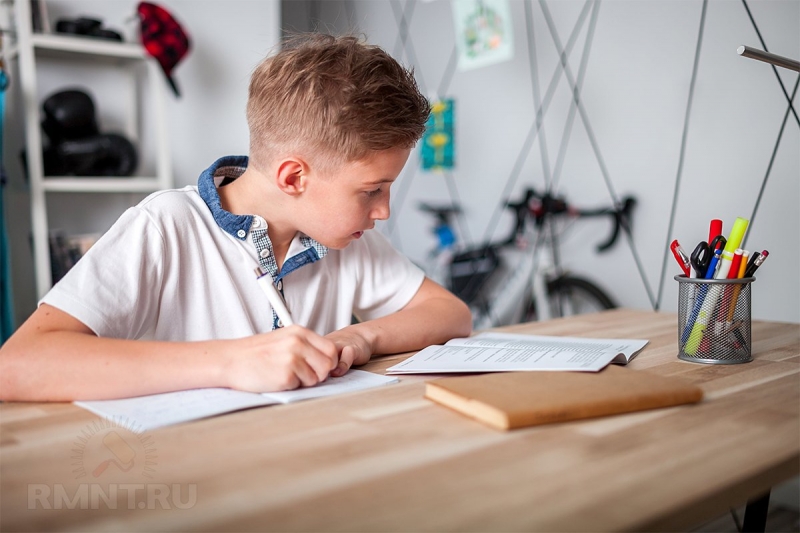 » » »
» » »
Use our secure communication system to contact your Au Pair or Host Family. Set a date for the interview with the Au Pair and prepare the questions you want to ask. » » » nine0003
The most important part of the Au Pair program is the drawing up of an agreement between the two parties. Make sure you discuss the important details - responsibilities, hours of work and pocket money - and then sign the contract! » » »
AuPair.com is an online search platform. On our site you can easily find an Au Pair, but visa and other issues can take a lot of time and effort. Not enough time to organize everything at once? Contact one of our trusted Au Pair Agency Partners and get help throughout the Au Pair search and onboarding process! nine0003
Over 20 years of experience
Over 1M satisfied users
Host families from 78 countries
Candidates from 190 countries
You can choose from two membership options on AuPair.com. Learn more about the differences and benefits of each option.
AuPair.com basic membership
AuPair.com is one of the largest Au Pair recruitment platforms, providing an opportunity to plunge into the world of Au Pairs for everyone! nine0031 In addition to being able to find a potential Au Pair or family interested in you, the basic profile on AuPair.com gives you access to articles and blog posts for both Au Pairs and families.
This will help you get to know the program better. With a basic profile, you will be able to find out about the required documents, contract and letter of invitation, as well as find other relevant information.
AuPair.com Premium Membership
With a premium profile, you will be able to contact ALL users directly! It's the easiest and fastest way to find the perfect candidate! nine0031 You can contact other users through private messages and exchange contacts.
With a premium account for Host Families, a brochure with tips and information about the program is included, as well as a more detailed version of the Au Pair contract!
Read the stories of Au Pairs who participated in the program and lived with host families
The truth about my life as an Au Pair in Germany Gabriela, a Moldovan Au Pair in Germany, tells her story of living with two different families during the coronavirus pandemic.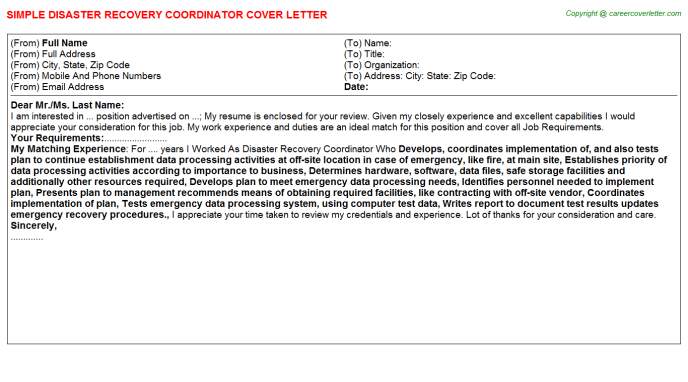 nine0003
nine0003
Read more »
Rishi's story about her Au Pair experience in Turkey Finding the perfect host family is not easy. It took Richa three years to find a family, but it was worth it! Learn about Rishi's experience from her story.
Read more »
Story of Luba, Au Pair from Russia in Spain Luba has been an Au Pair twice: first in the south of France, then in San Sebastian, in the north of Spain. In her story, she shares her impressions of her experience. nine0003
Read more »
Au Pair experience in Germany This amazing story of Carly tells about the Au Pair experience and the incredible adventures this program has led to! Even if you know her just a little - do not miss the chance and get to know her better!
Read more »
Read more Au Pair news and stories on our blog
10 fun Christmas activities for kids
Charity on 07 Dec. 2021
2021
Enjoy your Christmas holidays with your kids and check out our list of ten activities for inspiration.
Read more »
Au Pair program in a neighboring country
Axelle on June 28, 2021
Being an Au Pair can be one of the best experiences of your life and choosing a host country is part of the adventure! Here are some pros and cons of choosing a neighboring country.
Read more »
How does the coronavirus affect the Au Pair program? nine0062
Felicia on Dec 07 2021
Considering the serious concern of the global community about the coronavirus outbreak, we decided to look at this topic from the point of view of Au Pairs and Host Families. Find out what the impact of the coronavirus is on the Au Pair program and the measures taken in each country.
Continue reading »
View all posts by
Sometimes it's time for change. Whether you are a young adult looking for adventure or a host family looking to expand their boundaries, you can find each other on AuPair.com. Learn more about program rules and how to apply in each country. nine0003
Whether you are a young adult looking for adventure or a host family looking to expand their boundaries, you can find each other on AuPair.com. Learn more about program rules and how to apply in each country. nine0003
Germany How to become an Au Pair in Germany » Become a host family in Germany »
USA How to become an Au Pair in the USA » Au Pair in the USA: Information for Host Families »
UK How to become an Au Pair in the UK » Au Pair program in the UK - information for families »
Italy How to become an Au Pair in Italy » Become a host family in Italy »
Spain How to become an Au Pair in Spain » Become a host family in Spain »
France How to become an Au Pair in France » Au Pair Program in France for Host Families »
Belgium How to become an Au Pair in Belgium » Become a host family in Belgium »
Ireland How to become an Au Pair in Ireland » How to become a host family in Ireland »
China How to become an Au Pair in China » Au Pair Program in China - Information for Host Families »
Sweden How to become an Au Pair in Sweden » Become a host family in Sweden »
Austria How to become an Au Pair in Austria » Au Pair in Austria - information for host families »
Rest of the world Au Pair program around the world » Au Pair programs for host families »
We use cookies to ensure that we give you the best experience on our website. This includes cookies that are necessary for the operation of the site, cookies that are used solely for anonymous statistical purposes or to optimize site settings. You can decide for yourself which of the listed file types you want to allow. For more information, please see our Privacy Policy Main Statistics Accept all Confirm selected
This includes cookies that are necessary for the operation of the site, cookies that are used solely for anonymous statistical purposes or to optimize site settings. You can decide for yourself which of the listed file types you want to allow. For more information, please see our Privacy Policy Main Statistics Accept all Confirm selected
Mental retardation (MPD) in children
Children's Medical Center of Neurology and Pediatrics offers you a service for the treatment and prevention of mental retardation in children.
Mental retardation (MPD) in children is a violation in the formation and development of the child's mental functions and skills, lagging behind the norm of mental development in general, or any of its individual functions.
The peculiarities of children with mental retardation include not only mental underdevelopment (or delayed development), but also violations of the emotional-volitional sphere of the child, delays in intellectual growth. Children with mental retardation prefer play activities more, their thinking remains immature longer, and basic knowledge is specific and scarce. Most often, their intellectual level is much lower than that of their peers. nine0003
Children with mental retardation prefer play activities more, their thinking remains immature longer, and basic knowledge is specific and scarce. Most often, their intellectual level is much lower than that of their peers. nine0003
However, the diagnosis of DID is not clinical and all of the above is completely reversible.
The concept of mental retardation (PD)
The concept of mental retardation includes a complex mechanism of interaction with the outside world, every second analysis of ongoing changes, reactions to emerging problems.
Every day we pass through ourselves a huge amount of very different information, analyze, draw conclusions, store the received material in memory. This allows us, as a species, to successfully evolve, to exist in this difficult world. The timely development of mental skills and abilities in children allows them to become successful people in the future. nine0003
Today, more and more attention is paid to the intellectual development of children: teaching methods are being improved, work is being done with children with mental retardation, and the quality of education is improving. However, despite this, some children may experience learning difficulties, as well as the inability to master the school curriculum in its entirety.
However, despite this, some children may experience learning difficulties, as well as the inability to master the school curriculum in its entirety.
Studies have shown that a child's readiness for intellectual activity is directly related to his mental and communicative development. And more and more parents are turning to pediatricians for help in order to prevent and correct possible delays and deviations in the psychomotor development of the child in time. nine0003
Causes and symptoms of mental retardation in children
Causes of mental retardation in children may include various factors:
- brain damage due to congenital diseases of the child, impaired normal development;
- mother's problems during pregnancy, difficult childbirth;
- chronic diseases of the mother, use of alcoholic beverages during pregnancy, psychotropic drugs, etc.;
- hereditary factors are also often the cause of the development of mental retardation in children; nine0153
- adverse conditions at home, problems with education, poor care or complete neglect.

To identify the causes of developmental delay, it is necessary to undergo a comprehensive examination. Each person is unique and inimitable in his own way, so there are many individual concomitant factors that are, ultimately, the causes of the lag in the development of the child. Sign up to our specialists for the detection of ZPR at an early stage.
Symptoms of mental retardation in children are usually detected at 5 years of age. But there are some points that may indicate possible problems in the future and at an earlier age. nine0003
What you should pay attention to first of all:
- lagging behind peers in the psycho-emotional sphere: as a rule, it manifests itself in a lack of self-control, serious mood swings, isolation and excessive emotional shyness;
- problems with concentration: the child is not able to concentrate on any activity, is often distracted and switched to something else, while another activity is not able to take a long time; nine0153
- problems with the perception of the surrounding reality: the child does not recognize objects, does not recognize simple schemes and contours of drawings;
- deviations in the development of memory: there is no cognitive activity characteristic of peers, quickly forgets the material covered, the rules of games, etc.
 In play activities, the child is prone to monotonous actions, the plot does not differ in variety, is straightforward;
In play activities, the child is prone to monotonous actions, the plot does not differ in variety, is straightforward; - problems with the development of speech skills: manifested in a poor vocabulary; nine0153
- general developmental delay, lack of thinking skills.
Diagnosis of mental retardation (PD) in children
In most cases, parents seek advice from specialists when the child is 7-8 years old, when the first problems with school performance occur. However, it is recommended to carry out the diagnosis of ZPR much earlier.
If you notice a slowdown in the development of motor skills or speech in a child, the appearance of problems with memory and attention, if there are difficulties in mastering the training program in kindergarten, then most likely your child is shown a diagnosis of mental retardation in order to identify symptoms, causes of mental retardation, if any are found, as well as the appointment of timely treatment, a corrective program and consultations of related specialists.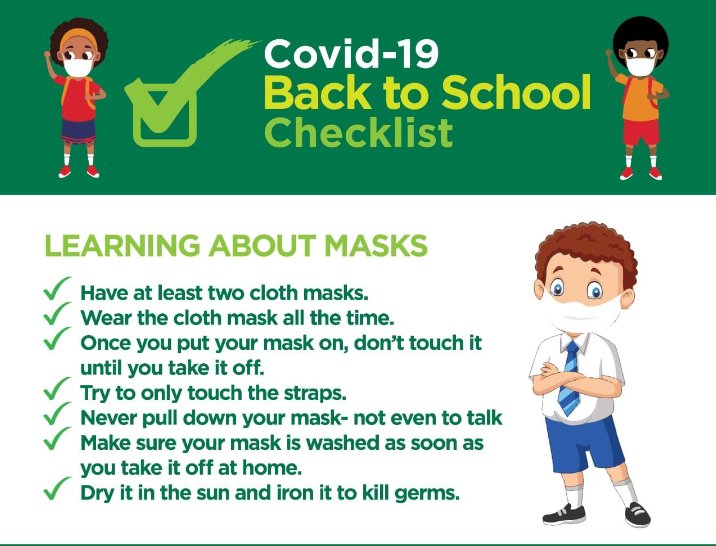 The main diagnosis is possible only after a comprehensive diagnosis. nine0003
The main diagnosis is possible only after a comprehensive diagnosis. nine0003
A neurologist deals with the treatment and development of children with mental retardation, he will help to find the cause of the disease. You can book a consultation right now!
Examination of a child with mental retardation is carried out by several methods: full-scale examinations by specialized specialists, neuropsychological testing, MRI of the brain, CT and EEG may be required.
Treatment of mental retardation in children
When the diagnosis of mental retardation is accurately made, the doctor makes an individually selected treatment in accordance with the developmental characteristics of each child individually. The rehabilitation program should be comprehensive, assistance should be provided not only by doctors and specialists, but also by parents. nine0003
The atmosphere in the family plays a fundamental role. A favorable outcome of the treatment of mental retardation in children largely depends on the behavior and mood of adults.





